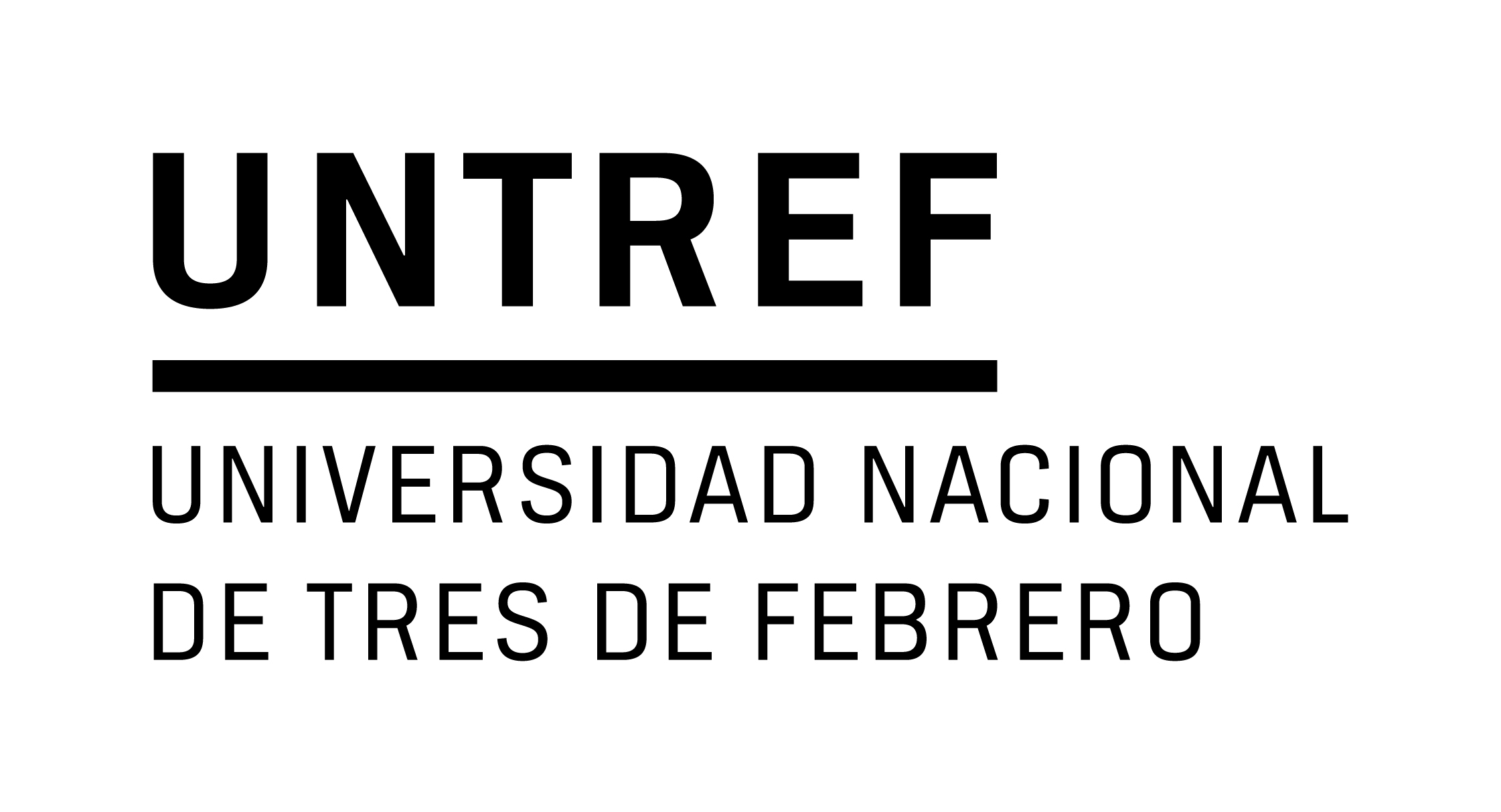The international community's reaction to coups
Por: Shannon, Megan .
.
Colaborador(es): Thyne, Clayton | Hayden, Sarah
| Hayden, Sarah | Dugan, Amanda
| Dugan, Amanda .
.
Tipo de material:  Artículo Tipo de portador: ImpresoTema(s): GOLPE DE ESTADO
Artículo Tipo de portador: ImpresoTema(s): GOLPE DE ESTADO| Tipo de ítem | Ubicación actual | Signatura | Info Vol | Estado | Notas | Fecha de vencimiento | Código de barras | Reserva de ítems |
|---|---|---|---|---|---|---|---|---|
| Publicación Periódica | Biblioteca UNTREF - Sede Posgrados | H327/ANA (Navegar estantería) | Vol. 11, no. 4 (oct. 2015) | Disponible | ACK | 2.009060 |
With ten attempts since 2010, coups d'état are surprinsingly common events with vital implications for a state's political development. Aside from being disrutive internally, coups influence interstate relationship. Though coups have important consequences, we know little about how the international community responds to these upheavals. This paper explores what drives global actors to react to coups. Our theory differentiates between normative concerns (for example, protection of democracy) and material interests (for example, protection of oil exports) as potential determinants of international responses to coups. We argue that coups against democracies, coups after the Cold War, and coups in states heavily integrated into the international community are all more likely to elicit global reaction. Using newly collected data, we explore the number of singnals that states and IOs send to coup states from 1950 to 2011. The analyses reveal that coups against democracies and wealthy states draw more attention. States react when democracies are challenged by coups, while IOs react to coups in Africa and coups during the post-Cold War period. We surprinsingly find that havey traders and oil-rich states do not necessarily receive more reaction, suggesting that international actors are more driven by normative concerns that material interests when reacting to coups.
